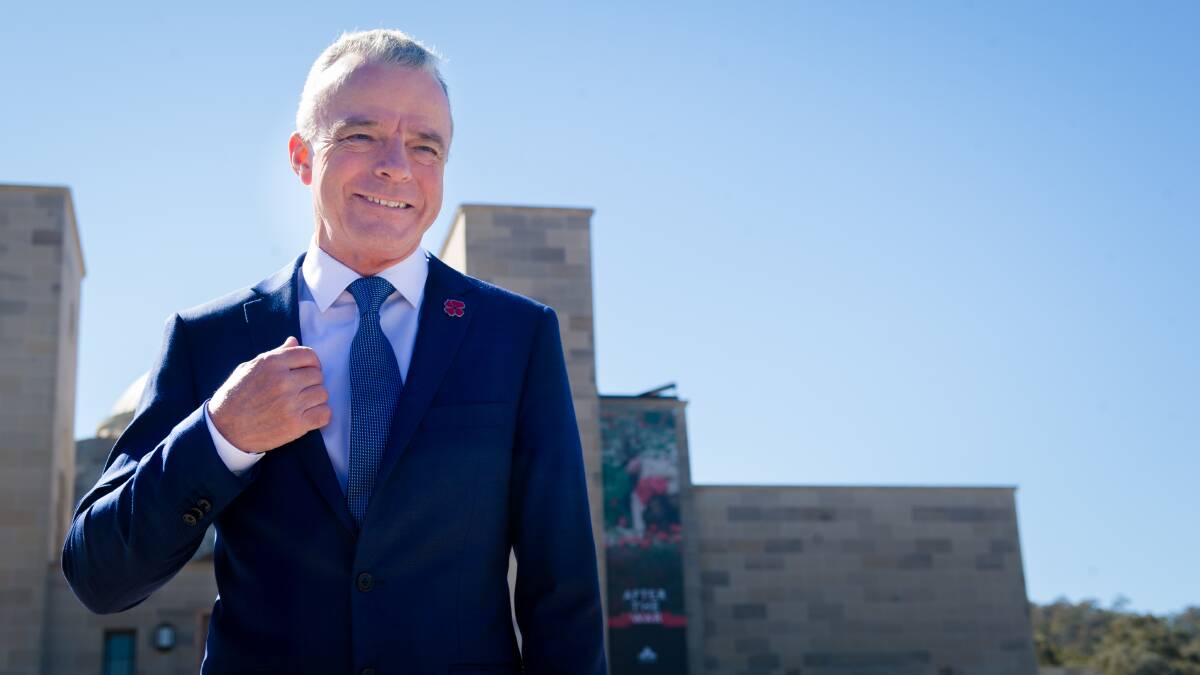A push for the "frontier wars" to be recognised in the $500 million Australian War Memorial expansion was the most consistent piece of feedback about potential galleries during consultation.
Subscribe now for unlimited access.
or signup to continue reading

But outgoing director Brendan Nelson said including conflicts between Indigenous Australians and white settlers remained off the agenda.
It came after Prime Minister Scott Morrison on Tuesday revealed the vision of the controversial expansion.
Approval documents lodged with the federal government showed a gallery for conflicts between Indigenous and non-Indigenous people during the 19th century was the most common suggestion for a new collection, among people who responded to a consultation program.
The stakeholder consultation report, made public on Friday, said participants believed acknowledging "frontier wars" would provide recognition and assist in reconciliation.
It said about a third of feedback about gallery inclusions suggested commemorating the frontier wars.
Dr Nelson maintained the memorial was not the place to commemorate such battles.
But he reminded those who wanted such an exhibition that it could never happen without the expansion.
"A future government or council of the memorial may decide to change position, but at this stage it's not envisaged," he told The Canberra Times.
The war memorial says there's no evidence that home-grown military units ever fought against the Indigenous population.
Dr Nelson said the violence perpetrated against Aboriginal people was by police, pastoralists and mounted Aboriginal militia.
He said the history of violence against Indigenous people must be told, but at the National Museum of Australia.
"It is not within the war memorial charter to tell the story of conflict within Australia," Dr Nelson said.
Dr Nelson questioned whether the consultation was indicative of mainstream views.
"Often it's people who are opposed to a particular proposal or have a narrow focus in relation to a particular initiative [who respond]," he said.
The consultation report said despite widespread promotion, the program did not attract large participation.
Only 134 people provided any feedback. Despite this, the report said diverse feedback was collected.
Dr Nelson also defended the decision to knock down and rebuild Anzac Hall saying it was no longer fit for purpose and many pushing for its protection were defending their own legacies.
"It's not the building that's special it's the artifacts on display and the stories that they tell," he said.
Dr Nelson invited critics to be personally shown through the memorial before his tenure finishes this year.


